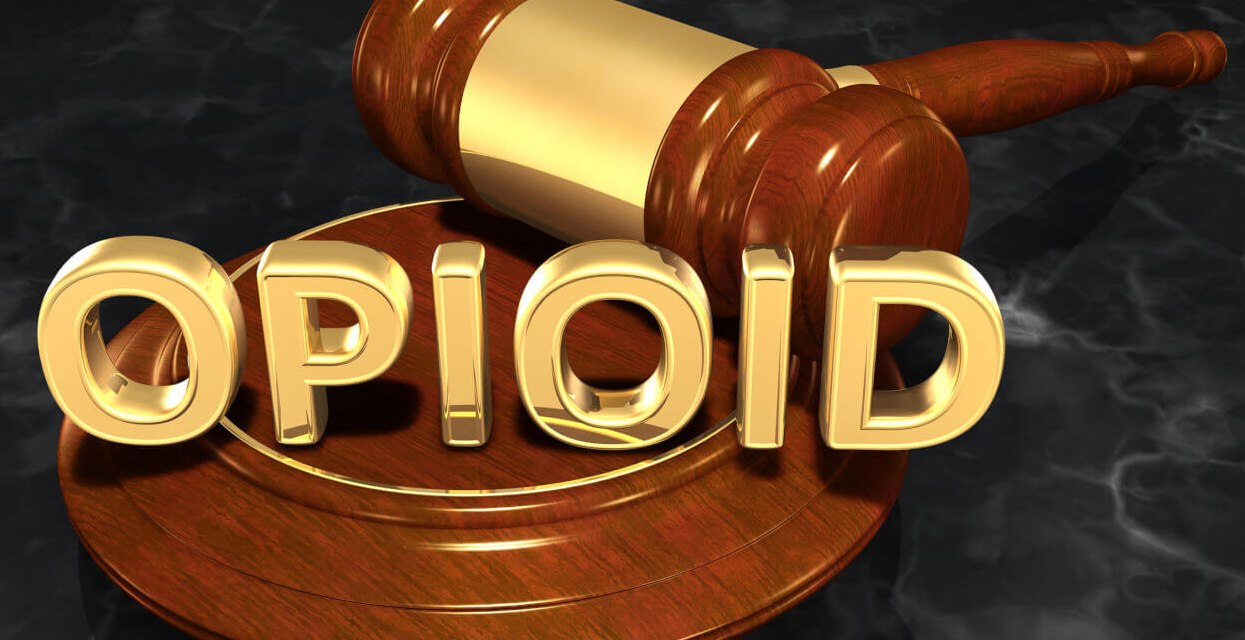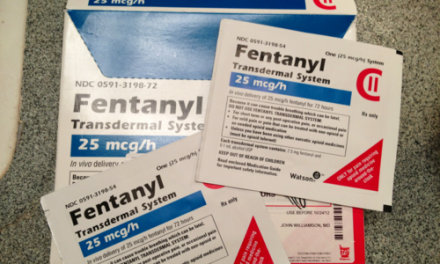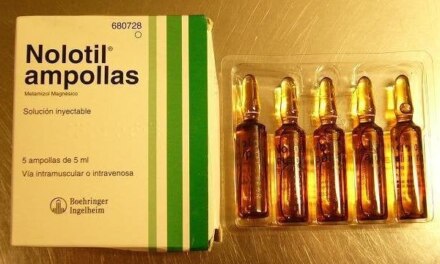The Sacklers are back — this time in front of the US Supreme Court. Yet more wrangling over that massive settlement agreement between the family and a host of plaintiffs seeking recompense for damage done by Purdue Pharma’s opioids, during the heyday of OxyContin.
Purdue Pharma itself is now bankrupt. But in the process, the plaintiffs agreed to a negotiated settlement in the amount of approximately $6 billion. Yes, it’s a lot of money, but there’s a condition attached. In exchange for the cash, the Sacklers demanded full immunity from all further lawsuits and legal actions related to their former products.
After much discussion, a deal was struck.
Reluctantly, I’m told. Some felt the family got off too easy. The Sackler empire was valued at $13 billion, and much of that fortune was derived from sales of Purdue Pharma medications, including Oxycontin. Even without the $6 billion, the Sacklers would presumably hold on to the rest, and they’d have immunity in the future.
Observers found that difficult to swallow. “I mean, people died because of these drugs,” one noted. “And these people knew it and did nothing.”
Sad but true. Now we learn that the settlement itself may have been illegal. An appeals court did uphold it, but there’s a chance the Supreme Court will not.
It appears the Justices are divided on the issue.
Here’s a late update:
According to The New York Times, “The Purdue case and others like it rely on a system that courts in some parts of the country say allows third parties, like the Sacklers, to be freed from liability, even though they themselves are not declaring bankruptcy.”
This is common enough in practice. Some experts claim that without such provisions, including immunity, settlements in mass injury cases would be far more rare. That would mean less money flowing to plaintiffs, at a far slower pace (if at all). That’s why bankruptcy courts may actually encourage the practice.
It’s a lesser evil, I suppose. As in, we let the bad guys off the hook in return for a resolution and a chunk of cash to those most in need.
You can see how it might leave a bad taste in some mouths. Nonetheless, the plaintiffs in this case voted overwhelmingly to accept the settlement. Possibly because they were tired of waiting and thought there was no better solution on the horizon.
It does strike me that settlements with immunity could serve as an incentive for other large corporations to take chances with their own high-risk medications. After all, though P-P folded, and billions were lost, in the end the owners managed to get away with the bulk of their fortune. And ultimately to avoid the most serious consequences of their actions.
If I had to guess, they might not be “laughing all the way to the bank”, but I wouldn’t be surprised if at least a few family members are smiling.












